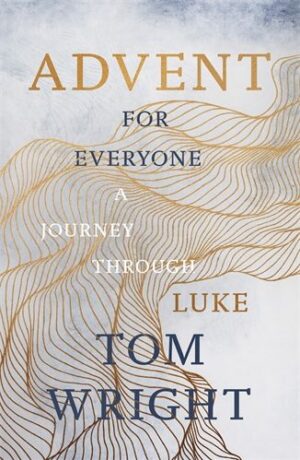



The Beatitudes: Luke 6.12–27
It happened around that time that Jesus went up into the mountain to pray, and he spent all night in prayer to God. 13
When day came, he called his disciples, and chose twelve of them, calling them ‘apostles’: 14Simon, whom he called Peter, and Andrew his brother, and James and John, and Philip, Bartholomew, 15Matthew, Thomas, James son of Alphaeus, Simon who was called ‘the hothead’, 16Judas son of James, and Judas Iscariot, who turned traitor.
He went down with them, and took up a position on a level plain where there was a large crowd of his followers, with a huge company of people from all Judaea, from Jerusalem, and from the coastal region of Tyre and Sidon. 18They came to hear him, and to be cured from their diseases. Those who were troubled by unclean spirits were healed, 19and the whole crowd tried to touch him, because power was going out from him and healing everybody.
He lifted up his eyes and looked at his disciples, and said:
‘Blessings on the poor: God’s kingdom belongs to you! 21
‘Blessings on those who are hungry today: you’ll have a feast!
‘Blessings on those who weep today: you’ll be laughing! 22
‘Blessings on you, when people hate you, and shut you out, when they slander you and reject your name as if it was evil, because of the son of man. 23Celebrate on that day!
Jump for joy! Don’t you see: in heaven there is a great reward for you! That’s what your ancestors did to the prophets.
‘But woe betide you rich: you’ve had your comfort!
‘Woe betide you if you’re full today: you’ll go hungry!
‘Woe betide you if you’re laughing today: you’ll be mourning and weeping!
27
‘Woe betide you when everyone speaks well of you: that’s what your ancestors did to the false prophets.’
Let us imagine that you are a schoolteacher. One day, you go out into the school playground, where there are dozens of children kicking footballs around. You go over to where they are, and call for them to gather round. Then you begin, slowly but surely, to select eleven of them. You don’t need to say a word. Choose your 11 and lead them off somewhere else. Everyone will know what you’re doing. You’re picking a football team.
Then suppose you and your team begin to work together, to train for the serious games ahead. What are you going to do? You assume they know something of football, some- thing of the rules. But you want to tell them that some things are quite different now. The game has changed. Things you do in the playground aren’t the same as things you do in a real match.
But it’s no good lecturing them for hours about how to play. What they need is three or four things to remember to do, and three or four things to remember not to do. Then, in the heat of the moment, these basic guide- lines will come back to them and encourage them to stay focused on how best to play the game.
Now think what Jesus was doing. They didn’t have foot- ball teams in his day, and in any case what he was doing was far more serious than that. What they did have was a long memory of the time when God called the 12 tribes of Israel – descended from the 12 sons of Jacob – and made them his special people, so that through them he could fulfil his purposes for the whole world. Now Jesus has come, as it were, out onto the playground where all sorts of people are trying out ways of being God’s people – some with new rules to obey, some with new schemes for violent revolution, some with support for Herod and his regime, some with proposals for withdrawing into the desert and praying in private, and no doubt others as well. From the people he has met, he chooses 12. Even if he’d done that without a word, everyone could see what he was doing. He was picking an Israel team. They were to be the nucleus, the centre and starting-point, for what God was now going to do. They were the core of God’s renewed Israel.
He gave them clear orders as to how his vision of God’s work would go forward. Four promises, and four warn- ings, presented in terms of Israel’s great scriptural codes: in the book called Deuteronomy, there were long lists of ‘blessings’ for those who obeyed the law, and ‘curses’ for those who didn’t. These formed part of the charter, the covenant, the binding agreement between God and Israel. Now, with the renewed Israel formed around him, Jesus gives them his own version of the same thing.
And a radical version it is. It’s an upside-down code, or perhaps (Jesus might have said) a right-way-up code instead of the upside-down ones people had been following. God is doing something quite new: he is fulfilling his promises at last, and this will mean good news and encouragement for all the people who haven’t had any for a long time. The poor, the hungry, those who weep, those who are hated: blessings on them! Not that there’s anything virtuous about being poor or hungry in itself. But when injustice is reigning, the world will have to be turned once more the right way up for God’s justice and kingdom to come to birth. And that will provoke opposition from people who like things the way they are. Jesus’ message of promise and warning, of blessing and curse, rang with echoes of the Hebrew prophets of old, and he knew that the reaction would be the same.
As Christians we believe that what Jesus began with the call of the Twelve and the sharp-edged teaching of blessings and curses remains in force today. This is the shape of the kingdom: the kingdom which still today turns the world upside down, or perhaps the right way up, as much as ever it did.